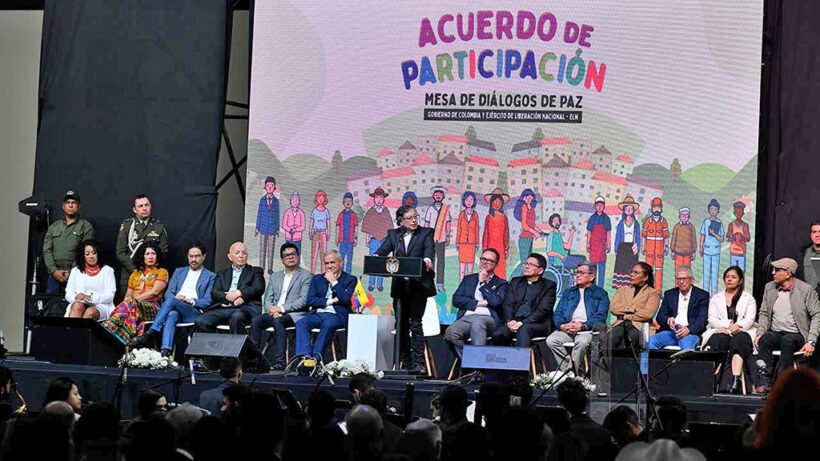7 August 2023, El Espectador
This is a difficult moment for the government and for Colombia. Difficult for the president’s family and for the human being who wields power.
Institutionalism will be key for democracy to endure without dying in the attempt and without ignoring the fact that – for better or worse – all our lives depend on the human condition. Laws are made, respected and trampled upon by human beings. Justice is built, dispensed and destroyed by humans. From the womb to the graveyard, existence is an imperfect act, traversed by heroes and cowards, by usurers and thinkers, by hugs, stabbings and old people sleeping in the streets.
It is a difficult moment for supporters and detractors of the president because it is in the complexity where greatness is measured, where the difference between flattery and loyalty, between persecution and political control is clear, and where the oil is measured to so many champions made of fizz and cardboard, who wish they cared more about the country than saying: “I told you so”.
We need judges to rule independently and politics to shake itself up and question itself to see if one day it learns; but let nothing turn us into physical or mental chainsaws, let nothing prevent us from putting ourselves in other people’s shoes and let no one rub their hands together in the face of other people’s pain. I am requesting consideration for the human, not condescension in the legal; I am requesting that justice works, not a horde of moral executioners, and that the government’s agenda continues, because the country cannot be put on pause.
I am very sorry for what is happening with the president and his son. It hurts that the declarations erupted on 3 August, a day when everything was given to ratify our hope and register Colombia with a perspective of peace. On that day, in front of 3. 500 people who came from all over the country, President Gustavo Petro and the head of the ELN negotiating delegation, Pablo Beltrán, announced to Colombia – and to the piece of the world that knows that we exist and that we have been killing each other for more than 60 years – a national, bilateral and temporary ceasefire, and proclaimed the creation of the National Participation Committee (CNP), an inclusive, dynamic and plural body, responsible for designing mechanisms so that the country speaks, is heard and what it says matters and is part of the logbook for peace.
On that day – hours before the judicial news – President Petro gave a speech that I wish everyone could hear. I was lambasted for saying it was masterful, but I stand by it: for his historical and humanist vision; for his rejection of infamy, xenophobia and insensitivity; because he did not attack anyone and did not stir up hatred. He urged the ELN to lay down their arms, to be on the side of life, to change the revolutionary slogans of “Freedom or death” to “Freedom and life”, because it is necessary to be alive to fight for social justice and democracy. He invited the CNP to seduce Colombia for peace, to move forward, to work for hope as a political expression.
He regretted that “the news of the day” came from the Attorney General’s bunker and not from the roof that sheltered in Corferias the indigenous guard, bishops and artists, Muslims and trade unionists, women and businessmen, cattle ranchers, Afro-descendants, sex workers and retired military, peace signatories and LGBTIQ+ population, miners, farmers, exiles and peasants.
The peace procession goes inside, determined and willing not to be frightened by obstacles. It goes with the promise to tattoo itself in the heart of Colombia until respecting life becomes a habit.






